Some Tips Before You Go On Your
Backpacking Australia Adventure
Backpacking Australia Adventure
If you've ever thought of backpacking Australia there are a number of things you'll need to know.
Every year hundreds of thousands of young people (and some older people too) set off on a backpacking Australia adventure of a lifetime, to holiday and work here, staying in mostly cheap but clean accommodation, seeing the sights, learning about Australia and sharing the adventure with like-minded souls.
Backpacking is a big industry in Australia, and there's a wide selection of budget accommodation and tours available.
It's good to have some idea about what you want to see and perhaps where you want to go before you leave, but remember Australia is a massive country and part of the romance of backpacking is to be free to choose where to go and what to do next, so it's probably best not to pre-book your whole trip from home.
How To Get a Visa For Australia
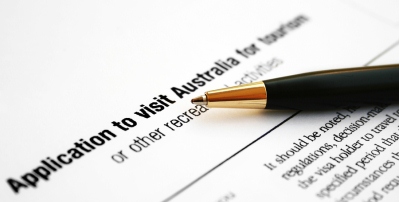
First thing you'll need is a visa for Australia. The great news is it's relatively simple to get a visa for Australia. Although to work you must meet some age requirements and these visas are not available for all countries.
You can find out more on our Australian Travel Visa page and you can check on the Department of Immigration and Citizenship Website for all the forms you'll need.
How Much Money Will You Need?
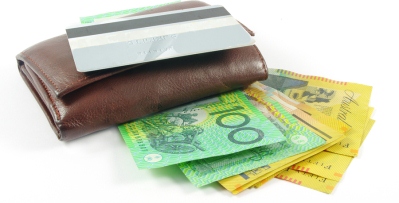
If your backpacking Australia your plan is probably to get work quickly, make sure you have enough to cover the unexpected. What if you can't find work immediately or what if you require time off? Plan ahead and make sure you have enough to handle an emergency.
That said, Australia is a reasonably affordable country and offers good budget options for backpackers.
It's a good idea to have a credit card because most backpacker hostels and tours require a credit card number to secure a booking.
It's probably worth opening up an Australian bank account which will save you money on overseas withdrawal fees. You can find out more from the 4 major banks in Australia.
And you can find out more about Aussie currency on our Australian Money page; there's also a converter there.
How To Find Work

Temporary and casual work is generally easily available when you're backpacking Australia and there are some ideal industries to target when looking for a job.
Fruit picking is one that readily comes to mind, hospitality or bar work, cleaning, call centre and office temping in the cities, and if you're fit and healthy, labouring.
You can check out this Backpacker Job Board or this Job Shop for some ideas.
Remember though a working holiday visa restricts the length of time you can be employed in one particular job.
Plus if you are going to be working here you will need a tax file number. You can check out The ATO for more details.
Backpacker Accommodation Australia
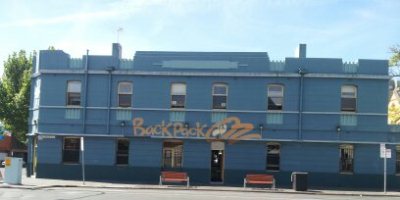
There are backpacker hostels all over Australia ranging from pretty basic that offer dorm style accommodation which you share with other backpackers through to more upmarket (and more expensive) options that offer double rooms and even private accommodation is available.
Some hostels and Caravan Parks have cheap cabin type accommodation and even campsites, which is a cheaper option again if you have your own tent.
You can check it out yourself through Hostelbookers, find out availability, pricing and everything else you need to know about backpacking Australia accommodation and when you find what you're looking for you can make your bookings too. Easy as!
Getting Around Australia

Australia is such a big country and there is so much to do and see that deciding how to get around is a huge decision. The main transport options are hiring or even buying a campervan or car, or buying a bus pass.
Hitch hiking is no longer allowed in Australia (I hitch hiked all over Australia when I was a lot younger but I wouldn't recommend it now).
Bus travel is a cheap and popular way for people backpacking Australia and for those with limited time and more cash, domestic flights are an option to see this huge country, and flight prices are fairly reasonable, especially if you book in advance.
Driving obviously gives you the most flexibility and there are cheap cars for sale or to hire aimed at the backpacker market.
If you decide to hire a car and drive yourself you can check out the cost and availability of Car Hire here.
And if you are going to be driving in Australia you should check out our Driving In Australia page for tips, links and everything you need to know about driving downunder.
Backpacking Tours and Travel
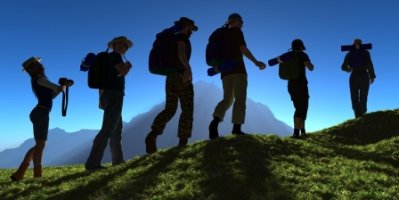
There are lots of options when it comes to purchasing commercially designed tours and with so much to see, tours are big business.
You can choose from day tours to see local sights, to long all-inclusive trips which take in huge areas of the country.
Some things to bear in mind when you are comparing packages are the reputation of the tour provider, what is included, and make sure you ask the travel agent to outline any 'extras' you may have to pay for on these trips.
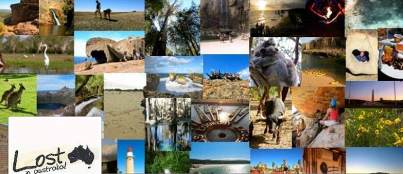
You can check out Lost In Australia - Australian Adventure Tours to get some ideas on the type of backpacking Australia Adventure you're looking for and if you book a tour with them you're helping out the local wildlife too, so that's a bonus!
Staying In Touch With The Family

Obviously your family will want you to stay in touch as your backpacking Australia so it's a good idea to purchase a mobile phone when you arrive. Pre-paid mobile phones can be bought for as little as $50.
To stay in touch with family, there are internet cafes set up in most backpacker hubs, with reasonable rates.
In many places, travel companies will offer backpackers free internet time in the hope they will book some travel or tours! Most hostels will also provide computers for internet access.
Backpacker Insurance - Travel
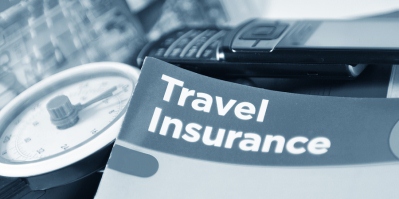
Yes, it is an expense but do it for your parents anyway. It's important to have travel insurance organized for your backpacking Australia adventure and do it before you leave.
Travellers from some countries on certain visas may be entitled to medical care benefits through the Australian public healthcare system, Medicare, but most medical expenses will leave you way out of pocket, so definitely make sure you are well covered on your travel insurance.
What Time Of Year To Travel
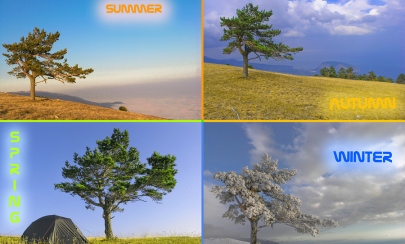
While the summer months (December to February) are the most popular for backpacking Australia, you will often find that you get better deals on accommodation and tour bookings during the quieter seasons of spring (September to November) and autumn, or fall (March to May) and the winter months (June to August).
The most popular destinations are usually booked solid through the summer months so you will have more flexibility if you're prepared to travel in the winter months.
You can check out our page on the Climate of Australia to get a better idea of which time suits you best.
What's the Weather in Australia?
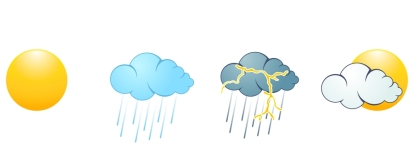
Australia is famous for its sunny weather, but in such a large country, the weather can vary immensely.
During summer, the southern part of the country can experience extremely high temperatures and dry conditions and as you go further north, humidity sets in.
The 'Top End' of the country experiences the wet season during summer with tropical thunderstorms and copious amounts of rain.
Best season for sightseeing in Tropical North Queensland, and the Northern Territory is during the winter months when conditions are dryer and not so hot and humid.
You can find out more detailed information on our Climate Of Australia page.
With its sunny weather, beautiful scenery, distinctive culture and friendly people, Australia is a backpacker's paradise and the ideal country for an adventure of a lifetime.
It's no wonder hundreds of thousands of backpackers flock to Australian shores every year. We just hope you're one of them!
Go On To Australian Slang page
Return to Travel To Australia Guide
Return from Backpacking Australia to Australian-Information-Stories home page


